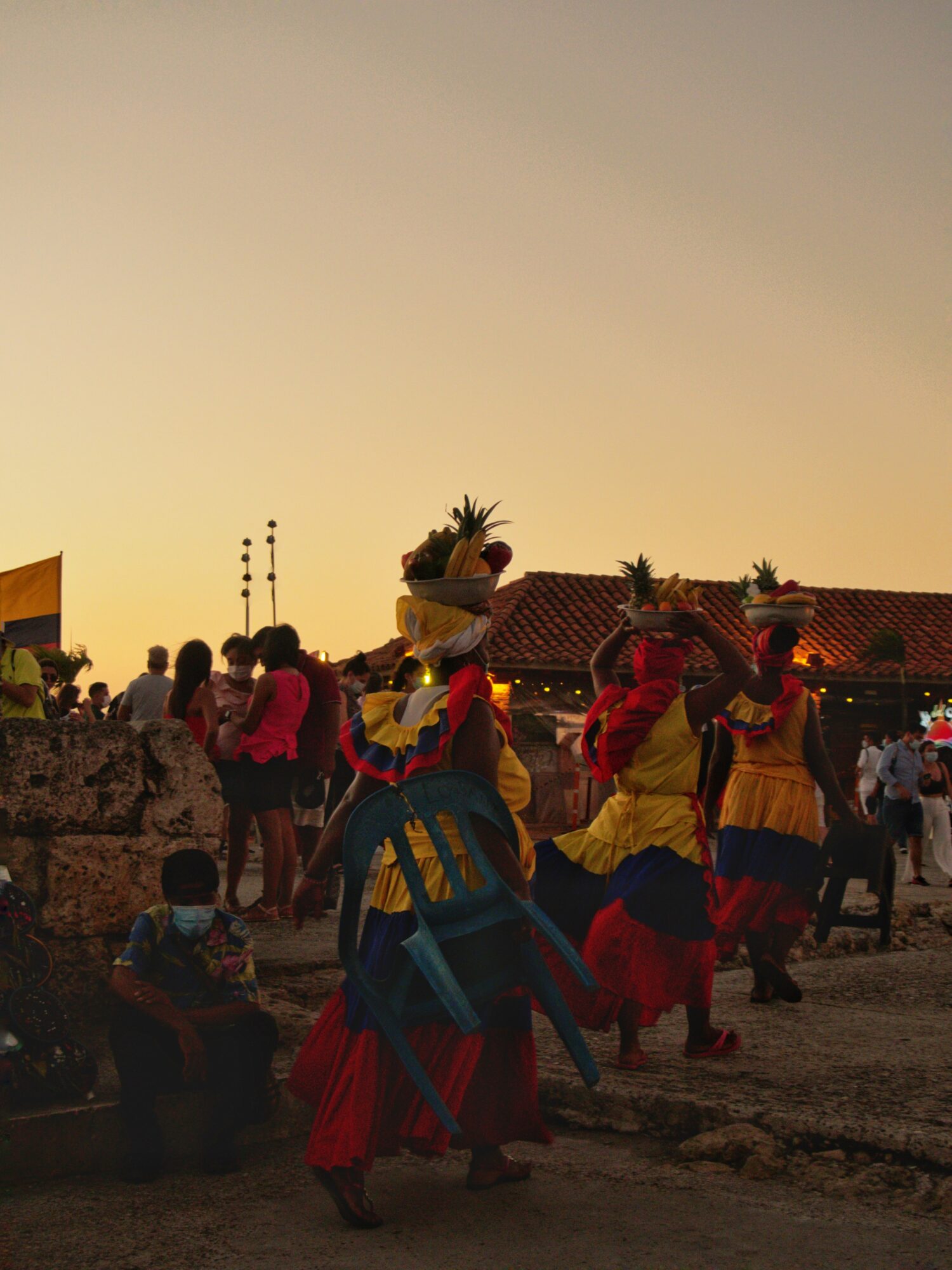Wellbeing in Practice: Learning from Our Work in Colombia
Our Peacebuilding team shares reflections around our work in Colombia and our commitment to wellbeing and healing for peacebuilders and their communities.
Our Peacebuilding team shares reflections around our work in Colombia and our commitment to wellbeing and healing for peacebuilders and their communities.

Humanity United’s current Peacebuilding Strategy is based on an understanding and appreciation of the deeply interconnected and interdependent dynamics that drive conflict, which requires deep partnership in our efforts to transform them. Our work is organized across four interlocking focus areas and two geographic lenses through which we actively seek grounded opportunities for collaboration and learning to strengthen the initiatives we support. One such connection that has become increasingly significant is between our engagement in Colombia and our commitment to supporting well-being and healing for peacebuilders and their communities.
In recent years, HU’s engagement in Colombia has included the accompaniment of the transitional justice process and its institutions. The Colombian Integral System for Truth, Justice, Reparation, and Non-Repetition is notable for being a comprehensive and complementary system made up of different mechanisms of truth, justice, reparation, and non-repetition to guarantee the victims’ rights. Psychosocial factors of transitional justice and peacebuilding have been taken into account in both the development of this system and its implementation through the Truth Commission, the Special Jurisdiction for Peace, and the Unit for the Search of those Deemed Disappeared. This innovative and integral system creates the conditions for individual and collective healing, and thereby supports the building of sustainable peace.
The recognition of the importance of individual and communal healing and psychosocial well-being as a foundational element to peacebuilding undergirds Humanity United’s commitment to this area of work. Our partners’ engagements in this space are varied and include increasing understanding of the effects of trauma in (post)conflict settings, exploring modalities of transformative reconciliation practices, and providing retreat and healing spaces for proximate peace actors, among others.
The synergies between our work with partners in Colombia and our work with partners engaged in healing and well-being have led to an enriching collaboration between these thematic and geographic areas of engagement. In the coming months, we will share reflections that emerge from a curiosity and a set of questions we hold from this collaboration. More specifically, we will share reflections on two key learning questions, as informed by the Colombian context: What are the best practices in well-being and healing that contribute to the effectiveness and sustainability of peacebuilding efforts? And for us as a philanthropic organization, what are the types of resources and support that allow us to best accompany our partners in centering, accessing, and creating spaces for well-being? We will explore these questions through the lens of Colombia’s transitional justice process, and most notably through the example of the Truth Commission.
The reflections that will be shared represent a perspective at a given moment in time. Colombia’s transitional process is still unfolding. The Special Jurisdiction for Peace and the Unit for the Search of those Deemed Disappeared are active and have not yet completed their mandates. While the Truth Commission’s mandate came to an end in 2022, commissioners and Truth Commission staff continue to grapple with the legacy and impacts of their involvement in this courageous and overwhelming endeavor. This is to say, our reflections are not complete; they will never be. Instead, we seek to share learnings we are noticing – both in the brilliant examples of the integration of care and psychosocial support into the Colombian transitional process as well as in how it has fallen short. Learnings along both these lines offer important insights into how transitional justice processes, and peacebuilding more broadly, can be pursued in a way that attends with intention and commitment to the need for individual and collective healing and care in the wake of atrocity.